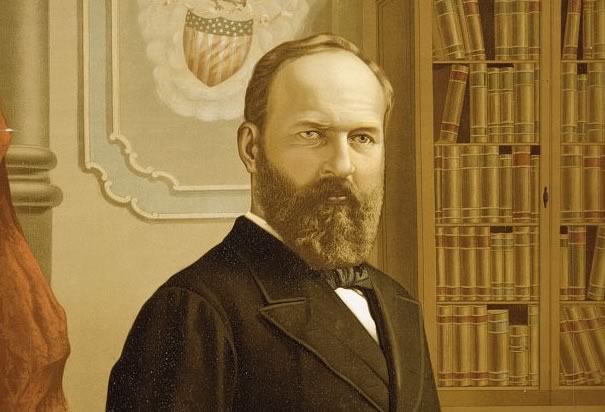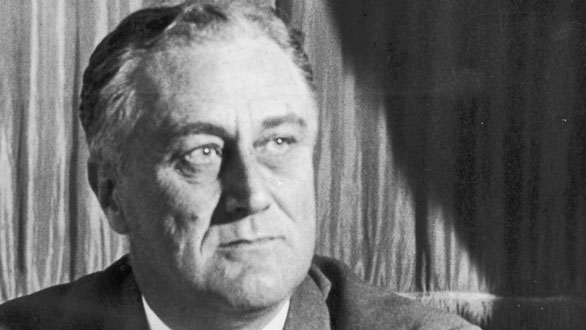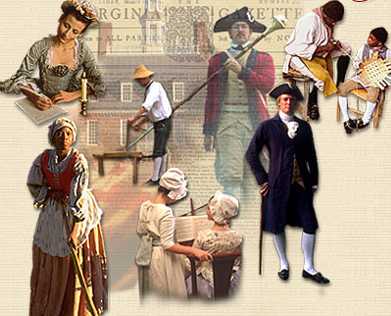- Lincoln, radical Republicans clash over plans for postwar Reconstruction
- Union establishes military rule in former Confederacy to restore order, defend ex-slaves
- 13th Amendment,14th Amendment, and Civil Rights Act of 1866 pass
- Railroad expansion facilitates movement between eastern, western United States
- Steady waves of settlers displace and attack Native Americans in the West
1865 13th Amendment abolishes slavery in Union
Robert E. Lee surrenders Confederate forces to Ulysses S. Grant in Virginia
Abraham Lincoln assassinated; Vice President Andrew Johnson becomes 17th president
Johnson announces moderate restoration plan to bring South back into Union; issues pardons to most Confederates, requires states to ratify 13th Amendment
Mississippi establishes system of black codes, limiting rights of freed blacks; codes become common throughout Reconstruction-era South
Freedmen’s Bureau established to help freed blacks find homes and jobs
1866 Civil Rights Act of 1866 grants citizenship to all people born in the United States, grants freed slaves right to own private property, sue, serve as witnesses
Congress passes 14th Amendment to enforce constitutionality of Civil Rights Act of 1866; most Southern states reject it, and it is not ratified until 1868
White supremacist group Ku Klux Klan founded in Tennessee; operates throughout South by 1868
1867 Congress passes Military Reconstruction Acts, dividing former Confederacy into five military districts; each Southern state forced to create new government and state constitution before applying for readmission to Union
Nebraska admitted to Union as 37th state
Tenure of Office Act requires president to get congressional approval before removing any appointees from office
United States purchases Alaska from Russia under direction of Secretary of State William H. Seward; critics deride purchase as “Seward’s Folly”
1868 Johnson intentionally violates Tenure of Office Act by firing Secretary of War Edwin Stanton, provoking anger in Congress; is impeached in House but acquitted in Senate
Ulysses S. Grant elected 18th president
First railroad pass completed through High Sierras in California
Eight-hour workday becomes law for federal employees
1869 First transcontinental railroad completed at Promontory Point, Utah
James Fisk and Jay Gould make unsuccessful attempt to corner U.S. gold market, leading to widespread financial panic
Wyoming grants women’s suffrage
1870 15th Amendment protects voting rights for black males
Grant proposes annexation of Dominican Republic, but Senate rejects
Last Southern states readmitted to Congress
Hiram Rhoades Revels of Mississippi becomes first black senator, assuming seat formerly held by Jefferson Davis
Enforcement Act allows for federal intervention against Ku Klux Klan activity
White v. Flood ruling in California court establishes precedent for racial segregation in schools
Union Pacific Railroad hires influx of Chinese workers at lower pay rates than those commanded by workers of European descent
1871 Indian Appropriations Act labels all Native Americans wards of U.S. government
Anti-Chinese riot in Los Angeles results in more than 20 deaths
New York Times exposes corrupt New York City political machine run by William Marcy “Boss” Tweed
Great Chicago Fire causes extensive damage to city, over 300 deaths
Supreme Court upholds constitutionality of federally-issued paper money known as the greenback
1872 Grant reelected president
Amnesty Act returns voting rights to most ex-Confederates; signals beginning of end of Reconstruction
Congress establishes Yellowstone National Park in Wyoming as first national park
1873 Slaughterhouse Cases acknowledge authority of state governments over individuals; effectively limit application of 14th Amendment to former slaves
Panic of 1873 hits United States, caused by rampant railroad speculation; 25% of nation’s railroads shut down
1874 Mennonite immigrants from Russia revolutionize wheat cultivation in Kansas
Police on horseback beat scores of unemployed demonstrators in Tompkins Square Riot in New York City
1875 Several of Grant’s associates indicted in Whiskey Ring scandal
Civil Rights Act of 1875 enacts penalties for racial discrimination at inns, in theaters, on public transit, in other public places; prevents discrimination in employment; establishes right of African Americans to serve on juries
1876 Federal authorities order Lakota Sioux to reservations
Sitting Bull and Crazy Horse lead Sioux resistance to crushing defeat of Gen. George Armstrong Custer’s forces at Battle of Little Bighorn in Montana
Alexander Graham Bell invents the telephone
Colorado admitted to Union as 38th state
Rutherford B. Hayes elected 19th president in contested race against Samuel J. Tilden; Tilden wins popular vote, but electoral count proves inconclusive
Mark Twain publishes novel The Adventures of Tom Sawyer
1877 Hayes-Tilden Compromise awards Hayes presidency in exchange for removal of federal troops from Southern states, effectively ending Reconstruction
Munn v. Illinois ruling states that private industries affecting the public interest are subject to state and federal government regulation
Widespread anti-Chinese riots take place in San Francisco
U.S. government ignores Nez Percé ancestral land claim in Idaho, forcibly removes tribe to Kansas reservation
Desert Land Act gives settlers affordable land deals in exchange for self-irrigation
Credit: sparknotes











